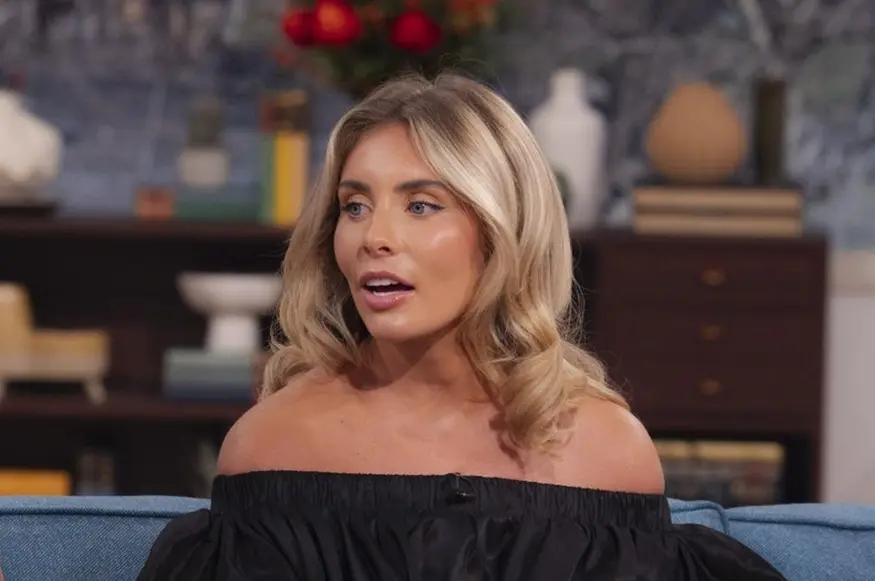T4K3.news
Channel 4 defends Bonnie Blue documentary amid graphic scenes
Channel 4 defends airing the controversial Bonnie Blue documentary, arguing it spurs discussion on porn culture and intimacy while facing backlash over graphic content.
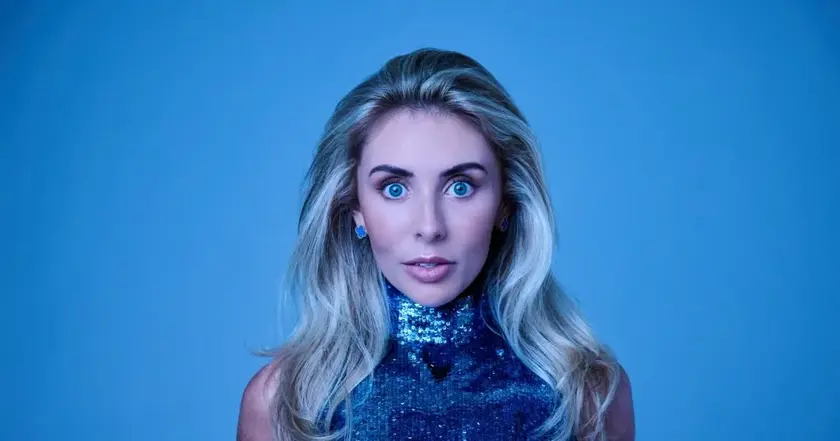
Channel 4 faces criticism over a graphic documentary about Bonnie Blue and defends its aim to spark meaningful discussion.
Channel 4 Defends Bonnie Blue Documentary Amid Graphic Scenes
Channel 4’s Bonnie Blue: 1000 Men and Me aired last month and followed OnlyFans creator Bonnie Blue through a sex stunt involving more than a thousand partners in a single day. The program drew sharp criticism for its graphic scenes and for including material that depicted younger performers in a classroom setting preparing for an orgy. Channel 4’s Edinburgh TV Festival appearance featured chief commissioning officer Ian Katz defending the decision to air the film, arguing the goal was to start a meaningful conversation rather than shock for its own sake.
Katz framed the film as part of a broader examination of porn culture and its effects, describing Bonnie Blue as ground zero of porn culture and Virgin Island as looking at what that culture does to young people. He stressed that the two programs are not separate but connected discussions about consent, intimacy, and the dynamics of power. While acknowledging that the format could be questioned, he called the discussion generated by the documentary a positive sign for Channel 4’s ambition to test boundaries and foster debate. He also noted that the audience skews female, suggesting a broader appeal beyond a niche viewership.
Key Takeaways
"Channel 4 is not in the business of being shocking for shocking value. That is attention seeking behavior."
Ian Katz defending the approach at the Edinburgh TV Festival
"Bonnie Blue is, if you like, ground zero of the porn culture, and Virgin Island is about what the porn culture does to young people."
Katz describing the two programs as interlinked probes of culture
"It is perfectly sensible to question the format of the Bonnie Blue documentary, but it has generated good discussion."
Katz on format and public discourse
"I think they are two sides of the same coin."
Katz on the relationship between the two shows
The episode tests a long-running tension in mainstream media: how far a network should push boundaries to spark conversation without normalizing exploitation. Channel 4’s stance signals a brand strategy that sees provocative content as a lever for relevance, not a gimmick. Viewers will weigh whether the program truly informs public discourse or merely provokes. The risk is credibility damage if audiences feel exploited or manipulated, especially when sensitive topics touch on consent and youth. Yet the approach could also strengthen Channel 4’s identity as a challenger brand that invites controversial topics into the living room.
Highlights
- Bonnie Blue pushes at the edge of culture and consent
- Shocking value is not the aim here
- Culture moves fastest where boundaries are tested
- Two sides of the same coin
Sensitive content drives potential backlash
The film contains graphic sexual material and references to underage individuals, which may provoke strong public reaction and advertiser scrutiny. Channel 4 frames the work as cultural commentary, but the content invites ethical and regulatory considerations that could affect trust and funding.
As boundaries are pushed, the public will decide what kind of conversations television should enable.
Enjoyed this? Let your friends know!
Related News

Channel 4 prepares to air Bonnie Blue documentary
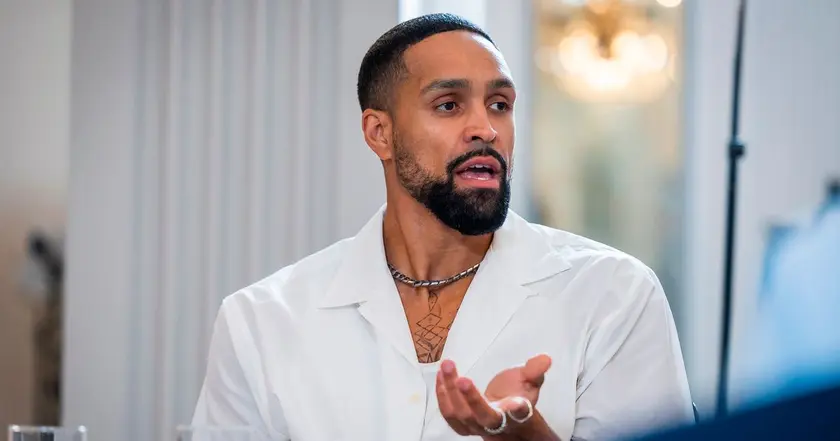
Ashley Banjo comments on Bonnie Blue documentary
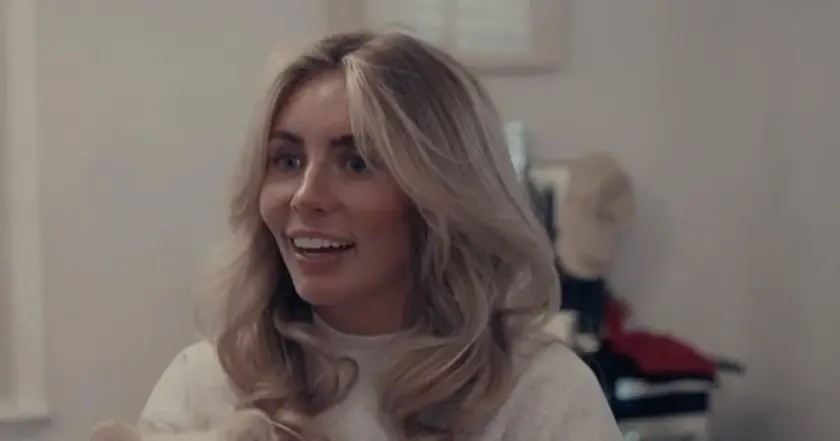
Brands withdraw ads amid Bonnie Blue documentary outrage

Channel 4 faces backlash over graphic documentary
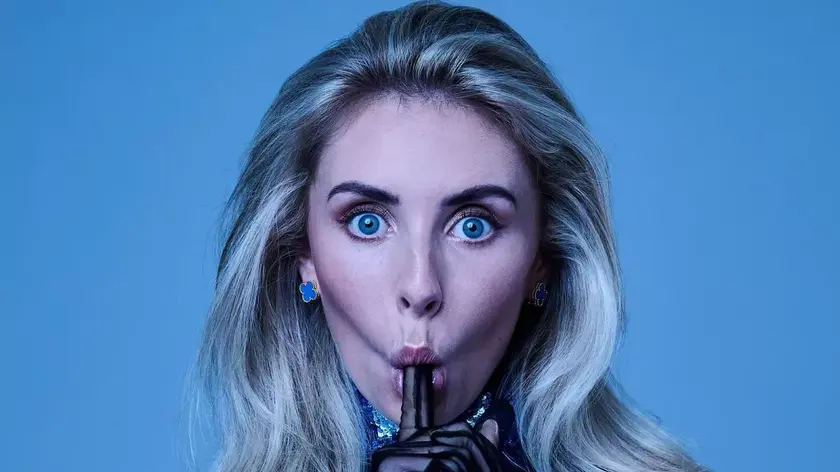
Bonnie Blue documentary elicits strong reactions in the UK

Bonnie Blue documentary airs amid significant criticism

Bonnie Blue's estranged husband defends her career
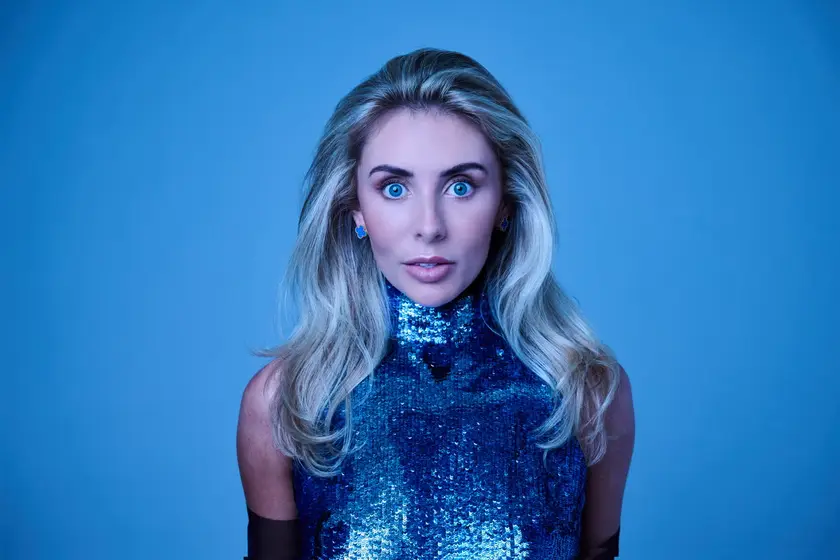
Government plans to ban barely legal pornography
